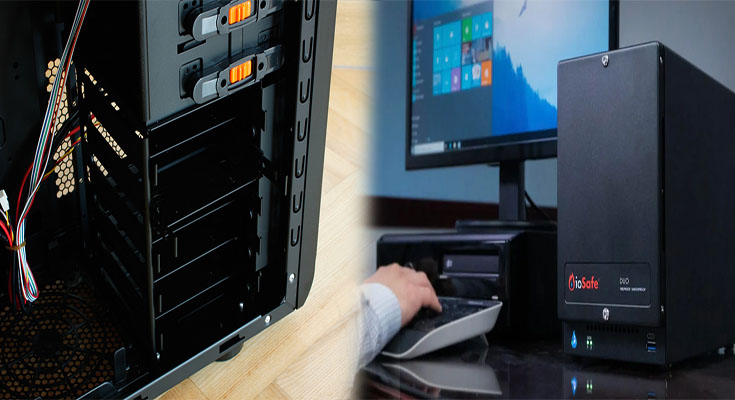If you are looking for a way to host your home computer networks, a home computer server is an excellent option. There are several things to consider when installing a server. These factors include the cost, Operating system, and place. In this article, we will take a closer look at the various aspects of home computer servers.
Installing a home computer server
A home computer server serves as a central storage device for your personal files. Its network connection allows you to access files from any computer that has an internet connection. You can also use it to stream media. A home server has several benefits, such as centralized storage, flexible permissions, and a shared printer.
First of all, you need to acquire the appropriate hardware. A dedicated computer will be more powerful than your average laptop, so you should invest in a high-end hardware model. A dedicated home computer server will run popular games like Steam with ease. You should also make sure that the server has over two gigabytes of RAM and at least a one-GHz processor.
The main purpose of installing a home server is to provide data and services to other devices connected to your network. The server also makes it easy to back up data from all computers on your network. A home server will also serve multimedia content throughout the home, including music, movies, and photos. It can also provide remote access to files and programs for users in other rooms of the house. Some people also use a home server for home automation or video surveillance.
Cost of a home computer server
Setting up a home computer server does not have to be expensive. In fact, it can be cheaper than buying a new computer. The best part is that you won’t need a desktop or a mouse and keyboard. You can even use an old laptop or a cheap piece of kit like the Raspberry Pi. If you do choose to use cheap equipment, however, you should keep in mind that it may not perform well.
The cost of a home server will vary according to its size, bandwidth, and storage capacity. The more storage space you need, the more the server will cost. Generally, the price of a server can range from $3,000 to $5,000. However, depending on your requirements, you can even get a cheaper server by leasing it for a period of time.
Home servers are also useful for storing audio and video. Having a home server allows you to store video and audio from home security cameras, as well as data from smart devices like rain sensors. A home server also makes it easier to manage and share data with other systems. A home server is also a great way to protect your multiple PC networks. It can handle data 24 hours a day, and it can keep your data safe and secure.
Operating system options for a home computer server
There are a number of operating systems to choose from when building a home computer server. Many of these are based on Linux distributions, which are the most popular for hosting websites. Ubuntu Server, for example, is an excellent choice for home servers, and is easy to use for Linux novices who are comfortable with command-line interfaces. Linux is also very customizable and can be configured to suit a variety of needs.
If you’re interested in a file storage server, you might want to consider the OpenMediaVault operating system, which supports multiple volumes and GPT partitions. It is free and comes with a web interface that’s easy to use. It also supports several protocols, including CIFS, SMB, and AFP. OpenFiler is another option that’s open-source and free, and it supports various filesystems, including journaled file systems and FTP.
XigmaNAS is another option, which is a lightweight operating system built on the FreeNAS project. This system also supports a simple file system, which is a great option for home computer servers.
Placement of a home computer server
There are several advantages to using a home computer server. This machine will help you keep your computer up to date and protected. It can also send email and text alerts. A home server can be set up to send these notifications, using an API in Microsoft Outlook. It’s a great option for the tech-savvy home user.
A home computer server is essentially a spartan desktop PC with a large hard drive and a network connection. Unlike a normal desktop PC, a home server doesn’t have a monitor, keyboard, or mouse. The main purpose of a home computer server is to act as a central repository for all the media and frequently-used files that are shared by the PCs in your household. This server also serves as a backup system for all the PCs in your household.
Another reason to use a home computer server is the storage and management of your family’s media. Most households have more than enough computers, and a home server makes managing all your media easy. You can store and share music, videos, pictures, and more on a home server. You can share this storage with other computers on your home network, or even connect the home server to other devices.



